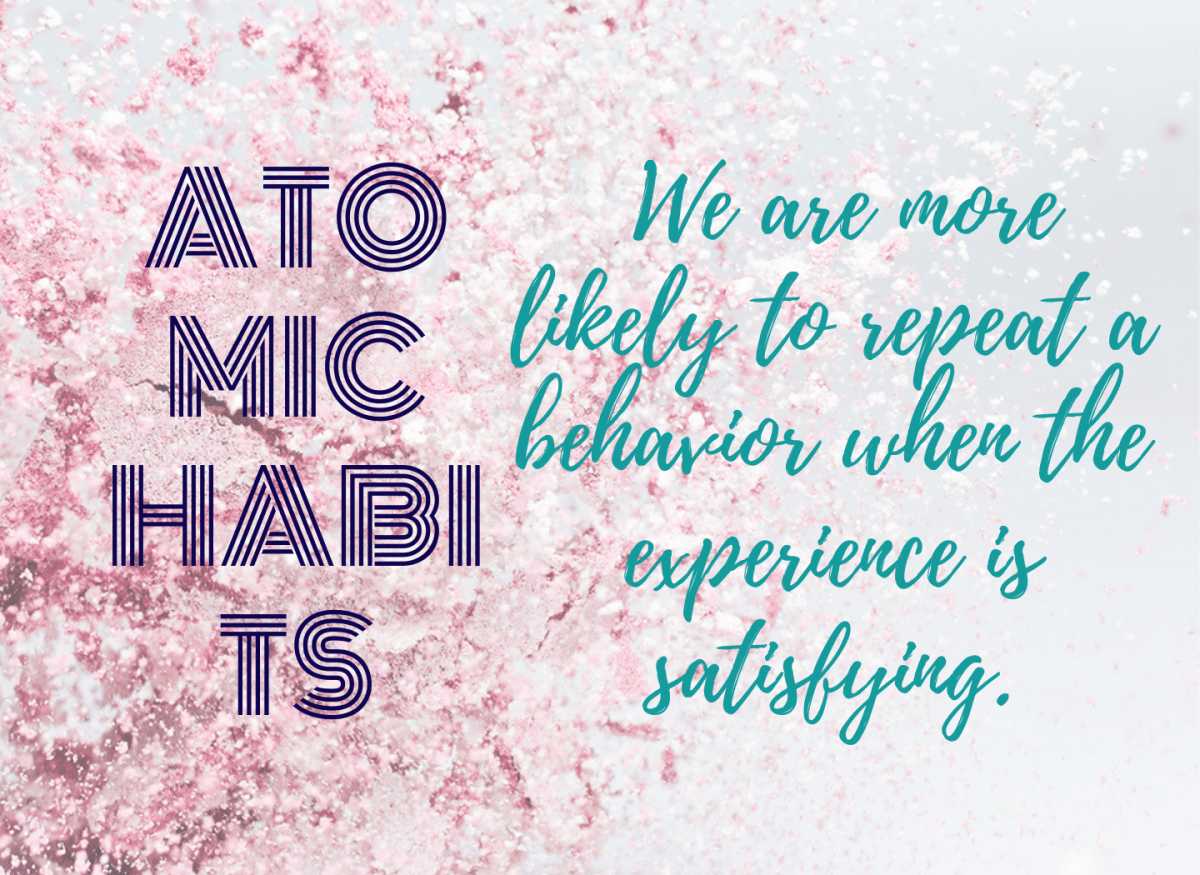The chapter starts with a saddening sanitisation conundrum in Karachi during the 90s.
Everyone said handwashing was important, but few people made a habit out of it. The problem wasn’t knowledge. The problem was consistency.
Between the persistent cases of diarrhea, vomiting and viral infections, nothing seemed to work. Stephen Luby, a health worker with the help of Procter & Gamble introduced Safeguard soaps. These soaps were more enjoyable to use as they lathered easily, foaming into a beautiful cloud of wafting fragrance. It bestowed upon its user a pleasurable experience, making handwashing a task to look forward to.
We are more likely to repeat a behavior when the experience is satisfying.
After this experiment, diarrhea decreased by 52%; pneumonia by 48%; and impetigo by 35% because everyone was suddenly washing hands as often as possible. The satisfying reward was immediate.
Extract: Conversely, if an experience is not satisfying, we have little reason to repeat it. In my research, I came across the story of a woman who had a narcissistic relative who drove her nuts. In an attempt to spend less time with this egomaniac, she acted as dull and as boring as possible whenever he was around. Within a few encounters, he started avoiding her because he found her so uninteresting.
Why do we procrastinate?
Any unproductive habit will deliver immediate satisfying results whereas, in the long run, it will deliver bad results. On the other hand, good habits tend to have delayed positive results and immediate weak satisfaction.
As a matter of fact, if you eat unhealthy food, the immediate result is the amazing taste and sensory pleasures. In the future, these will have detrimental consequences on our health.
At the other end of the spectrum, if we include leafy vegetables and restrict saturated fat consumption, the obvious long term effects will be rocking health, naturally glowing skin and high energy, but the taste would be bland.
Start enjoying your habits instead of fearing them
For a habit to be satisfying, it is important that we have an immediate reward as soon as we complete the habit we are trying to build.
This provides positive reinforcement to do it again in the future.
The author gives the example, such as putting money into a special savings account every time you finish a habit successfully.









Comments & Discussion
26 COMMENTS
Please login to read members' comments and participate in the discussion.